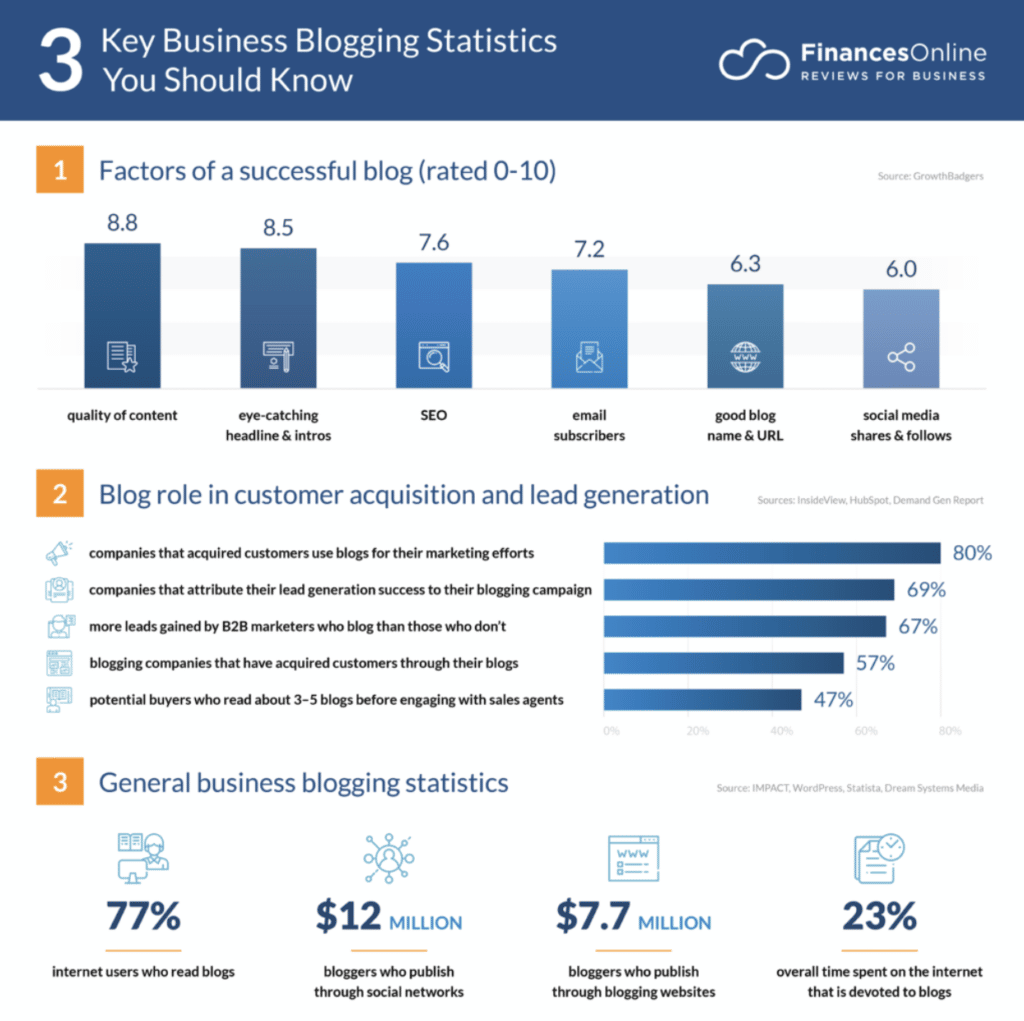Every single week when I sit down at my computer to write a blog post that needs to be published, I sometimes find myself with writer’s block or just a tough time really mustering up the motivation to keep on writing. However, I’m reminded of what my goal is when it comes to blogging and it’s not just about developing quality content but it truly is a place where I can write about the things that matter to me.
Yes, it’s true, when you do something you love it feels less taxing. However, let’s be real about something for a second. Anytime you really do something you love, there are still at least a thousand or more things that you NEED to do but hate having to.
For example, I absolutely love running my business and being a marketer. Do I enjoy the paperwork that comes with that? Not particularly. This includes things from taxes to contracts. It takes a lot of organization. Yes, I definitely hire out but as a business owner, you still need to stay on top of it all because it’s important to.
One of the things I’ve talked about a lot is how I got my company, Fastmarkit, started. In my early 20s I knew I wanted to someday run my own business; however, I wanted to also gain more experience. Rather than just taking the leap into entrepreneurship, I started my business as a side hustle. This means that after my 9-5, I’d work on building out my business blog and my personal brand from 6pm-2am.
Before we dive into today’s topic, let’s first look at how important blogging is to any business:
- Businesses that blog experience twice as much website traffic as businesses who don’t.
- 80% of Internet users interact with both social media sites and blogs.
- Companies with blogs produce an average of 67% more leads monthly than companies that don’t blog.
- Blogging is the third most common content marketing strategy, after video and eBooks.
- 70% of people would rather learn about a company through articles rather than advertisements.
- 55% of bloggers say they see results from blog posts with 2,000 words or more.
- Bloggers who invest more time and publish more frequently see better results.
Let’s get to it…
Developed a clear audience profile
First things first: before you start writing another floundering blog post, take a little time to understand exactly who you’re writing for.
In the blogging world, this is called, “audience persona” or “buyer persona.” It defines who the readers are, what they expect from the content, their pain points, and other details that can help us shape every piece of content we write.
Here’s a quick framework you can use to start developing an audience profile:
- What is special or unique about your target audience?
- What characteristics do they have in common?
- What are they looking to take away from your content?
- What problems do they face that you can solve in your blog?
- How are they trying to find answers to their problem?
- What is their level of expertise in the topics you’re writing about?
- What questions are they likely to have about a topic that you could answer?

Some people take this exercise a step further by fleshing out the demographics of their readers, such as age, income, occupation, and even geographic location.
Remember, it’s not just about getting blog traffic, but rather getting the “right” traffic. The more you can learn about your audience, the better prepared you’ll be to create valuable content that’s worthy of your readers’ time.
Amplified my personal brand
Words that I continuously chant to myself is that “people buy from people not companies.” Everything I’ve pushed for with my business has been about putting my face to my brand. Early on in my career, I was also really inspired by Rand Fishkin. When he started SEOMoz (now known as just Moz), he was everywhere within every piece of collateral.
I loved that.
There was a person to the company. Not just any company. I followed Moz’s blogs, their Whiteboard Friday videos, and I got my feet wet with SEO with their resources. I’m also a Moz customer today.
I noticed that as I put myself there alongside the content I was publishing and distributing, executives were more inclined to actually reach out to me directly. It felt more personal and approachable.
Generated revenue
It doesn’t matter if you’re in the B2B or B2C arena, the importance of developing content that will resonate with your target audience should be a top priority.
In fact, the most cited blogging goals are:
- 75% want to generate quality leads
- 86% want to build brand awareness
- 79% intend to educate their audience
- 75% expect their content to build credibility and trust
One of the challenges with blogging is that it takes time to see results. You can’t simply publish a blog post today and expect to get an influx of new leads immediately. In order to really make an impact and drive a positive ROI, you have to stay dedicated.

Helped me grow my network
Connecting with like-minded individuals is so important because it has always pushed me to learn. I’ve never been a fan of being the ‘smartest’ person in the room. For this reason, I attribute that approach as to why I was able to grow so quickly with my profession, which then transcended into my business.
One of the things that I genuinely love is being able to interview other professionals and then featuring them on my blog. This not only gives my readers more insight into entrepreneurship and digital marketing, but provides a broader perspective outside of just mine.
After all, one of the biggest goals for my blogging efforts is to be of great value that my target audience actually wants to consume the content I publish, but that they have actionable ways to leverage the tips I provide.
A creative outlet providing value to others
Whether I’ve had an awesome day at work or a crappy one, blogging has always been a creative outlet for me. Truth be told, every work experience I’ve encountered in some way, shape, or form has given me blog topic ideas.
Anything from laying out processes that marketing teams should put into practice, sales enablement, lead generation, side hustle hacks, and much more, it’s clear that I’m not the only who faced challenges within these areas. Therefore, what better place to push out content re these topics than my blog?
Wrapping it up
What you gain from blogging is just as important as the value you provide. If you want readers, then publish content they want to consume. If you want to generate revenue with your blog, focus on the problems you can help people solve.
Lastly, have fun with it. Blogging should be integral with your overall business initiatives but should not feel like a chore. Be passionate about actually sharing your experiences. Doing so will build an authentic community that will ultimately help grow your business too.





